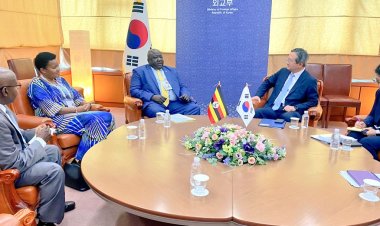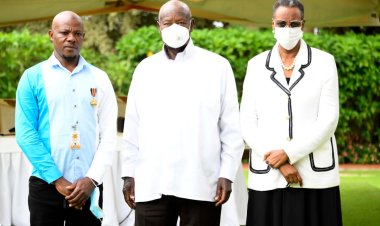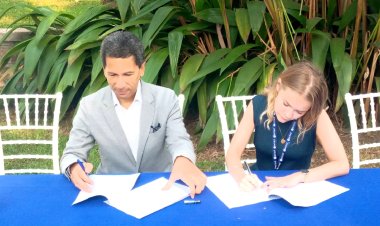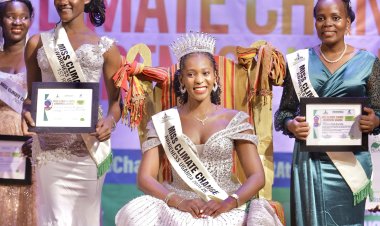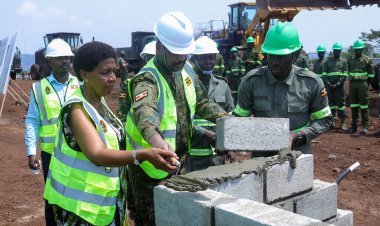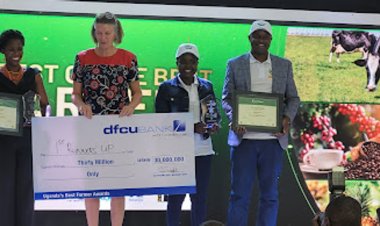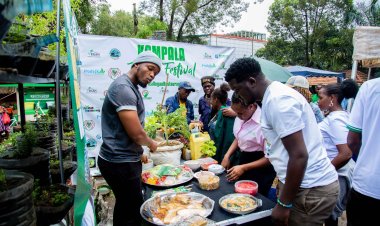NARO Boss Commends Korea Partnership for Agricultural Innovation Driving Uganda's Growth
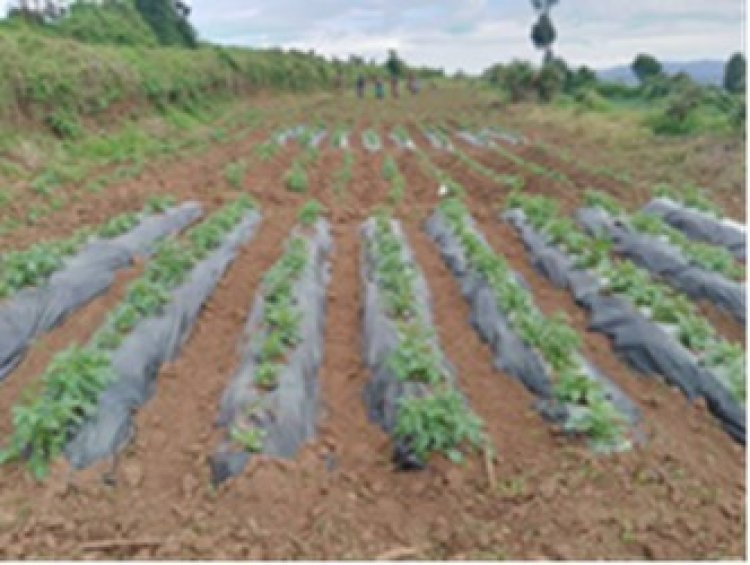
Dr. Yona Baguma, Director General of the National Agricultural Research Organization (NARO), lauded the collaboration between NARO and the Korea Partnership for Innovation of Agriculture (KOPIA) for spearheading transformative growth in Uganda's agricultural sector.
Speaking at a high-level policy workshop commemorating the 15th anniversary of KOPIA in Seoul, South Korea, Dr. Baguma highlighted the significant strides made in driving sustainable growth, improving livelihoods, and fostering economic development across Uganda.
One of the standout achievements cited by Dr. Baguma was the remarkable success witnessed among citrus farmers in the Teso sub-region.
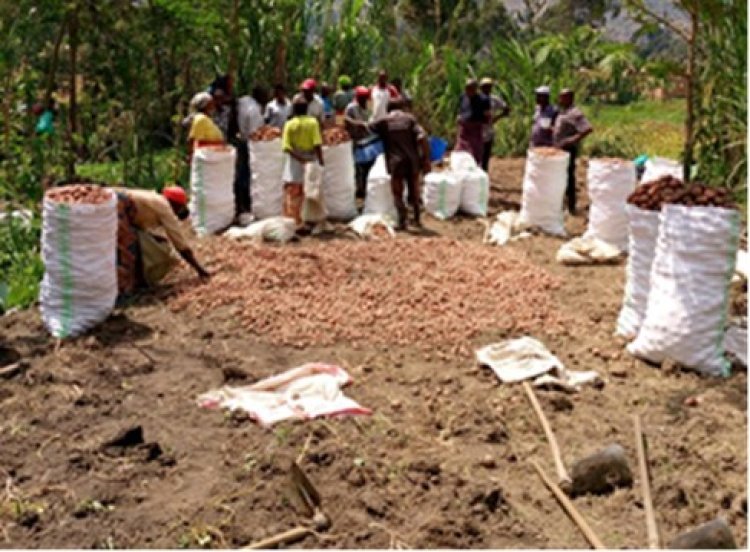
Farmers harvesting potato
Through the implementation of the Citrus Model Village, farmers experienced a staggering increase in both yield and income.
Annual citrus yield skyrocketed by 210% in the first year (2021) and continued to rise by 194% in the second year.
Concurrently, annual incomes surged by 208% between 2020 and 2021, and by 32.7% between 2021 and 2022.
"Additionally, NARO and KOPIA collaborated on the development and dissemination of fast-maturing, high-yielding aromatic rice varieties such as KAFACI-39 and NARO-Rice 1, leading to a significant boost in rice production across Uganda."
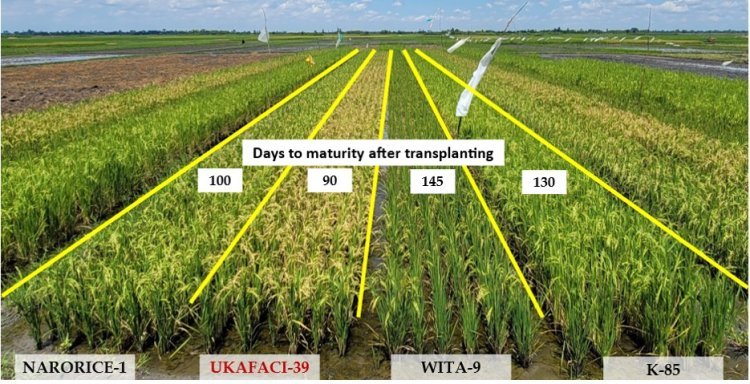
Rice varieties by comparison
Furthermore, innovative approaches like polyvinyl mulching technology have revolutionized potato seed production, resulting in a substantial increase in both seed supply and farmers' incomes.
The supply of quality potato seed soared from less than 150 metric tons to over 500 metric tons, while the average annual household income of potato farmers reached $5,573 (about UGX 21 million).
Dr. Baguma underscored the government's commitment to prioritize agriculture as a key driver for improving the well-being of its population, considering that 80% of Uganda's workforce is engaged in agriculture, contributing up to 24% to the country's Gross Domestic Product (GDP).
He emphasized the government's strategies, including Uganda Vision 2040, the Third National Development Plan (NDPIII), and initiatives like agro-industrialization and the Parish Development Model (PDM), aimed at catalyzing agrifood systems transformation and uplifting rural livelihoods.
'NARO's research agenda aligns with these strategic objectives, focusing on niche market expansion, research product diversification, technology adoption, and institutional support for agro-industrialization."
Dr. Baguma also outlined areas for additional technical cooperation between NARO and international partners, including the Korea Food Research Institute (KFRI).
These collaborations aim to enhance value addition, provide specialized training, establish technology hubs, and ensure the long-term conservation of genetic resources.
Accompanying Dr. Baguma on the delegation to South Korea is Dr. Swidiq Mugerwa, NARO's Deputy Director General in charge of Research Coordination.








